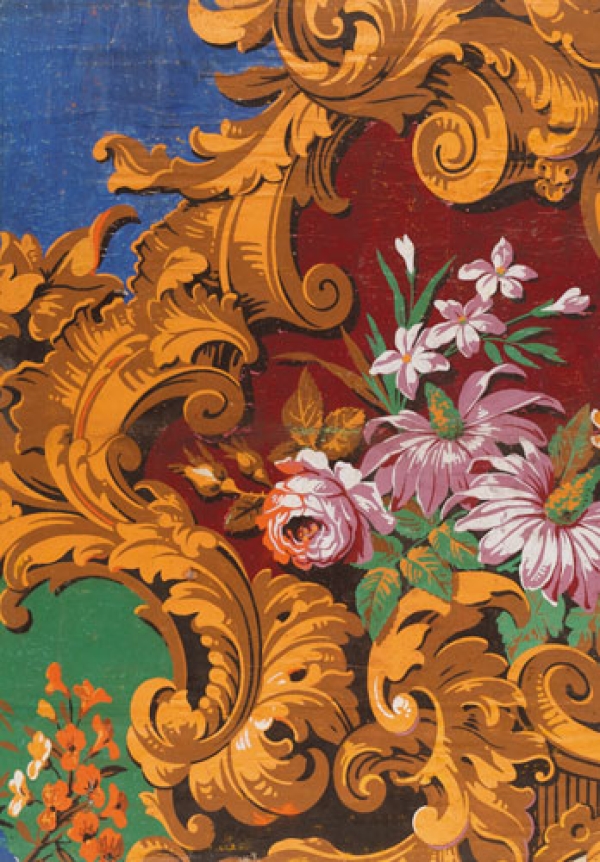Nicholas Gentile and I have written an opera about Émilie and Voltaire and were invited to speak about it to Sydney's Queen's Club. Episode 1 of the speech shows Émilie as a girl being shown off by her fond father as a prodigy in mathematics and natural science. She also, with the approbation of her mother, excelled at playing the harpsichord.
'In a corner is a tall, lean young man who looks rather bemused by this precocious eight-year-old. Finally he steps forward when the company are speculating about the possibility of life on other planets. He gives Émilie a teasing smile and says, "Mademoiselle, could there be human beings on Mercury? Reflect: if they do live there, they’re twice as close to the sun as we are, so their brains must surely be fried. The sun is nine times bigger for them than it is for us—what does that do to their idea of the universe? Could anyone in that situation think like us at all?"
'She replies, "I have no opinion, monsieur; I’m here on earth. But if there are sentient creatures on Mercury, why should they be human? All we can guess is that they accord with the infinite diversity of nature."
'The silenced young man is Voltaire, a successful dramatist and poet, a keen philosopher and writer, and a huge asset in aristocratic society. He’s not an aristocrat himself, however. He was born François-Marie Arouet in Paris, near the law courts and Notre-Dame. He was educated at an excellent Jesuit college where he mixed with the sons of noblemen, dazzled his teachers with his intellect and wit, and wrote the school play at the end of each year. When he went into society he fitted in by making up a noble name for himself—"de Voltaire"—and forming liaisons with actresses or duchesses, and no one in between.'

